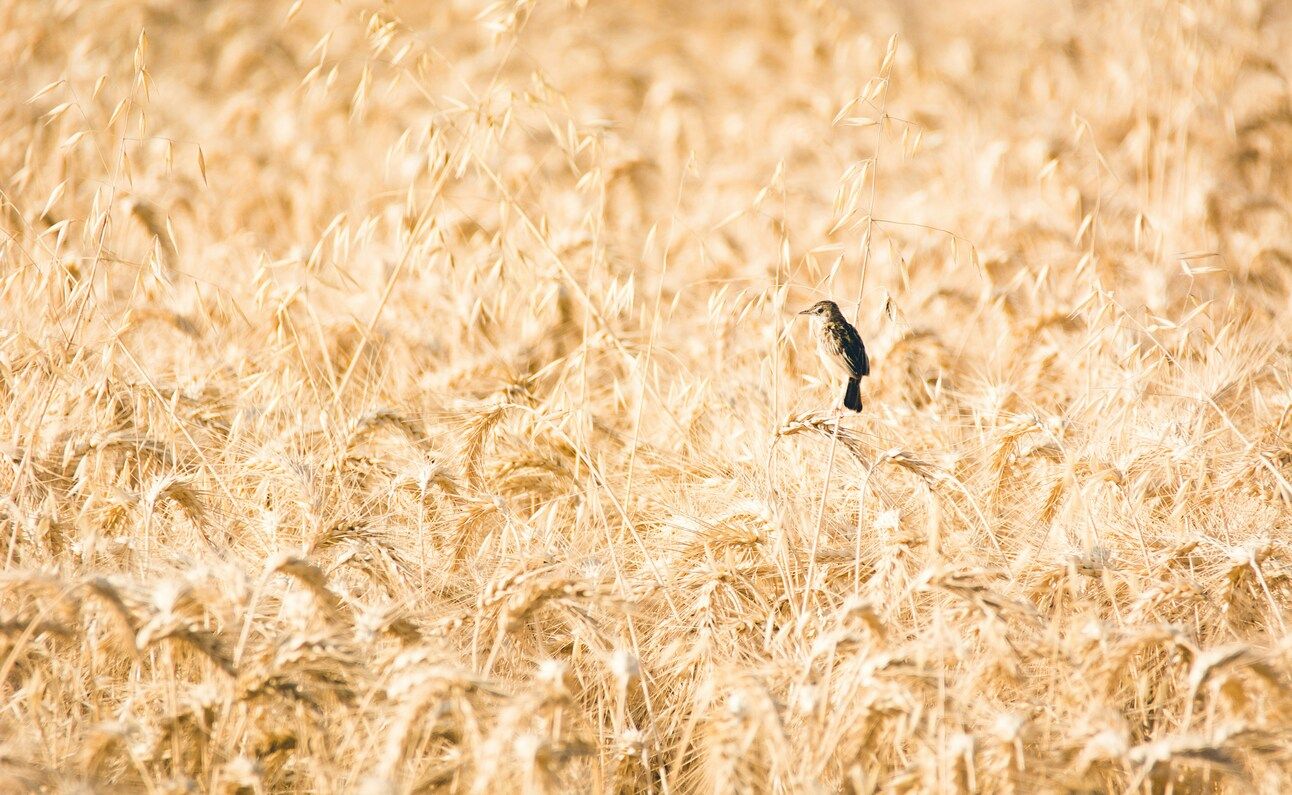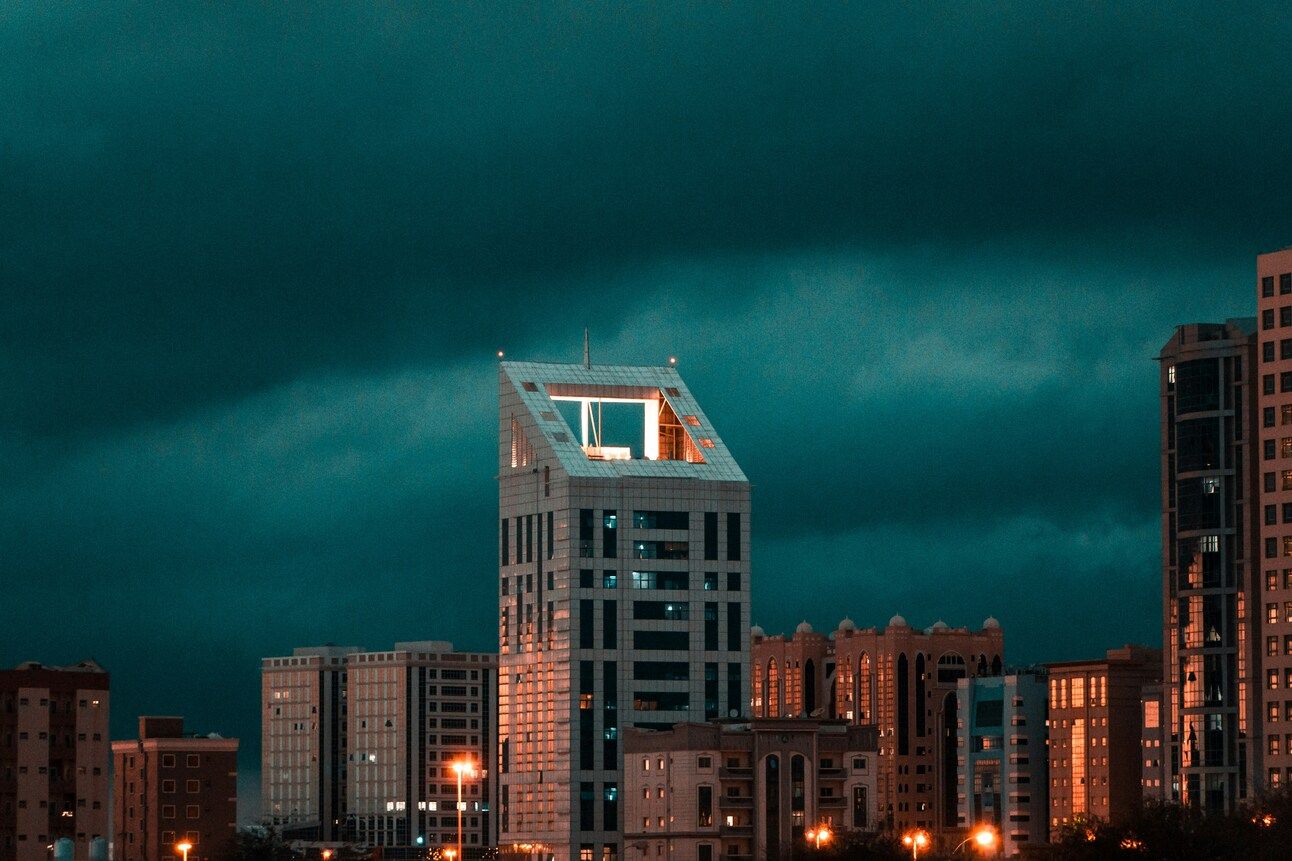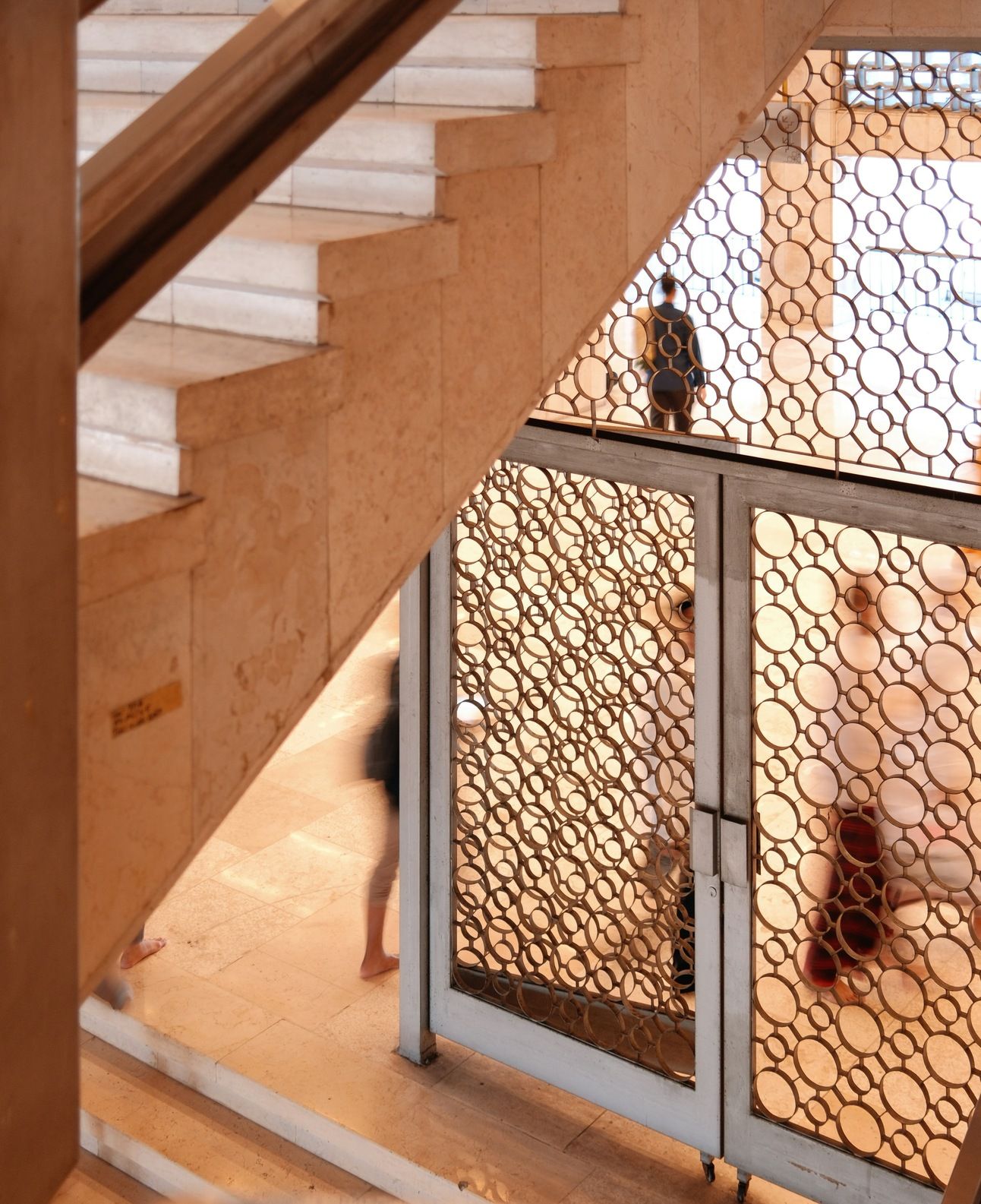- Soma Mater's Newsletter
- Posts
- SOMA MATER Weekly Newsletter
SOMA MATER Weekly Newsletter
Welcome to the SOMA MATER weekly newsletter.
At SOMA MATER, we specialize in delivering comprehensive research and advisory services with a focus on Food & Water Security and Net Zero Transition in the MENA Region. In order to support our subscribing clients in navigating these topics and understanding the regional narrative, we produce monthly Food and Water Security and Net Zero Transition Intelligence Reports, along with our in-depth analysis and insights.
This weekly newsletter highlights the top 3 stories from the past week in Food and Water Security and Net Zero transition, along with SOMA MATER's analysis and perspective.
What collaborative project have Egypt and the UK launched to support small wheat farmers, and support wider food security in the country?
How is the UAE using artificial intelligence (AI) to enhance its cloud seeding efforts and address water scarcity?
What unique feature makes the newly unveiled mosque in Tilal Al Ghaf, environmentally significant?
Sustainably yours,
The SOMA team
Wheat: Egypt and the UK Sowing Seeds of Food Security
#FoodAndWaterSecurity

Egypt's Ministries of Planning and Economic Development, Agriculture and Land Reclamation, in collaboration with the British Embassy in Cairo, have launched a two-year project to support small wheat farmers. This initiative, titled "Enhancing Food Security and Achieving Economic Stability in Egypt by Supporting Small Wheat Farmers," is the first practical step following the Memorandum of Understanding signed between Egypt and the UK last October.
The project aims to improve wheat production by enhancing soil fertility, reducing dependency on imported wheat, and addressing global price fluctuations. By focusing on better soil health and fertilizer efficiency, the initiative seeks to increase wheat yields and promote economic stability, while improving nutrition in local communities.
With these efforts, Egypt expects a possible reduction of 20-25% in wheat import requirements. The collaboration will provide small farmers with advanced farming techniques to boost agricultural productivity and better manage fertilizers, ensuring long-term benefits for Egypt’s food security.
Egypt and Europe share a strong partnership focused on supporting Egypt's sustainability efforts. In June 2024, the EU signed a €1 billion financing deal with Egypt to support the country's economic reforms in exchange for energy sales and controlling migrant flows to Europe. In October 2024, the EU announced a €7 million ($7.65 million) financing package to support Egypt's water resources sustainability. This funding was directed towards Egypt's Ministries of Water Resources and Irrigation, Agriculture and Land Reclamation, and Housing, Utilities, and Urban Communities.
SOMA’s Perspective:
Egypt has an indispensable role as a trading hub between the Middle East, Africa, and Europe. We believe Europe's investments in Egypt's agriculture and broader sustainability efforts serve as a measure to preserve the country's stability and mitigate migration from conflict-stricken countries that use Egypt as a transit point to Europe.
Source
AI-powered Rain: UAE’s High-Tech Pursuit for H2O
#FoodAndWaterSecurity

The UAE continues conducting cloud-seeding efforts in 2024 to address water scarcity, with a recent focus on leveraging Artificial Intelligence (AI) to enhance rainfall. The country's investment in technologies has resulted in a minimum 15% annual increase in rainfall. AI allows for optimizing cloud-seeding operations and improving decision-making for targeted rainfall enhancement.
The UAE's cloud seeding strategy involves technologies like AI and sensor-equipped drones that can release seeding materials directly into clouds with greater precision than traditional methods. This is crucial given the brief lifespan of clouds. These efforts have produced a usable water supply ranging from 84 to 419 million cubic meters annually. When considering the approximate 6.7 billion cubic meters of rainfall received annually in the UAE, that number represents around only 1.2% to 6.2% of that annual rainfall.
Cost is a key factor in cloud-seeding operations, which are estimated to cost around Dh29,000 ($8,000) per flight hour. On average, the UAE carries out more than 900 hours of cloud-seeding missions annually, totaling approximately AED 26 million per year.
The UAE has made various commitment to leveraging AI across various of its sectors. As early as 2019, the UAE Cabinet had already adopted the National Artificial Intelligence Strategy 2031. In January of this year, the UAE established the Artificial Intelligence and Advanced Technology Council (AIATC) responsible for developing and implementing policies and strategies related to AI and advanced technology in Abu Dhabi. Later in June of this year, it also appointed 22 Chief AI Officers in Dubai government entities.
SOMA’s Perspective:
While the cloud seeding efforts currently contribute a relatively small percentage (1.2% to 6.2%) to the UAE's annual rainfall, the potential for growth and optimization through AI is significant. As AI continues to permeate various sectors in the UAE, from water management to energy and beyond, we anticipate seeing more initiatives that blend traditional challenges with high-tech solutions. We believe this will also be an important topic highlighted at the upcoming UNCCCD COP16.
Source:
Lighting Up: The Middle East’s First Net-Positive Mosque Shines Bright
#NetZeroTransition

Majid Al Futtaim has unveiled the Middle East's first net-positive mosque in Tilal Al Ghaf, named after its late founder, Mr. Majid Al Futtaim. "Net-positive" energy refers to the ability of a building to generate more energy than it requires for its operational needs on a yearly basis.
Majid Al Futtaim has unveiled the Middle East's first net-positive mosque in Tilal Al Ghaf, named after its late founder, Mr. Majid Al Futtaim. "Net-positive" energy refers to the ability of a building to generate more energy than it requires for its operational needs on a yearly basis.
The mosque's design incorporates advanced systems and sustainable practices to achieve its net-positive status. At its core is a renewable energy system featuring 203 solar photovoltaic panels, which will provide a total installed solar capacity of 116.73 kWp and generate over 204,121 kWh annually – supplying more than 115% of the mosque's energy demand.
Beyond energy production, the mosque will also include a solar-powered hot water system, LED lighting, an efficient HVAC setup, and EV charging stations. A Building Management System will optimize energy consumption, and any excess green energy will be fed back into the community grid, extending the mosque's positive impact to the community.
According to the UAE Energy Strategy 2050, the UAE has one of the lowest grid emission factors compared to the global average. The country aims to achieve a grid emission factor of 0.27 kg CO2/kWh by 2030.
SOMA’s Perspective:
This initiative comes at a time when the growing population in the MENA region has been contributing to increasing pressure on energy and water resources. This is expected to continue driving up energy demands, making solutions like this one necessary. SOMA MATER celebrates this announcement as a first move delivering past Net Zero, and expects to see more such projects emerging across the region as countries strive to balance their growing energy requirements with their commitments to reduce carbon emissions.
Sources:
SOMA MATER is writing Intelligence Reports on the topics of Food and Water Security and Net Zero Transition. If you’d like to know more, contact us through the link below: